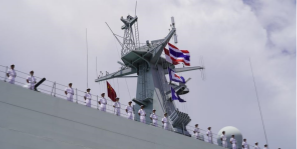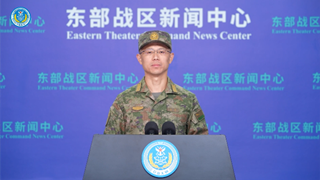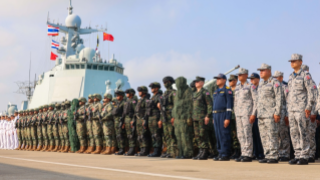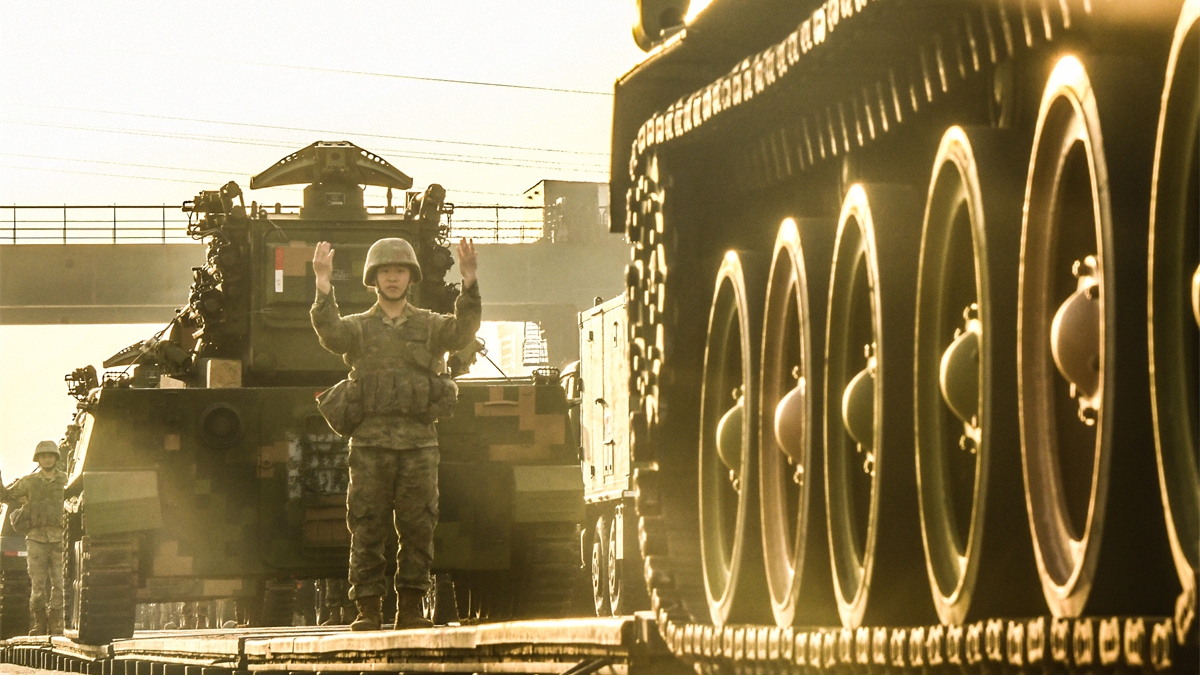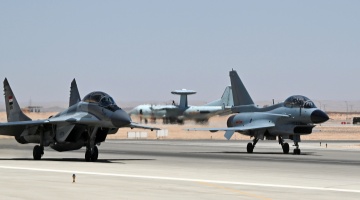By Chen Hong
The 22nd Melanesian Spearhead Group Leaders' Summit was just held in Port Vila, the capital of Vanuatu. Accounting for 94.1% of the total population, 98.8% of the land area, and 91.6% of the GDP of Pacific island countries, Melanesian countries and regions hold a significant position and strategic value in the South Pacific. Media reported that after a Vanuatu official said before the summit that MSG leaders were considering establishing a "peaceful and neutral zone", Fiji's prime minister Sitiveni Rabuka, who also attended the summit, reiterated on August 25 that the South Pacific should be a zone of peace, neutrality, and non-aligned territories.
The US has been working hard to promote its "Indo-Pacific strategy" in recent years to curb and obstruct China's peaceful development, and the South Pacific region is considered an important strategic pivot on its anti-China chess board. In particular, with the deepening mutually beneficial cooperation between China and Pacific island states, the US-led West, suddenly changing its consistent neglect or dismissal of the latter, is now hurrying to make overtures to them – not forgetting to slander China's aid to, trade with and investment in the South Pacific in the process. It is also going to great lengths to sabotage the friendly collaboration between China and the island countries by means of lure, coercion, political manipulation and interference.
The US-led West is also taking bold steps to militarize the South Pacific region in an attempt to turn regional countries into its rear base in the Asia Pacific, with the Melanesian region being a piece de resistance in its military and strategic deployments. At the end of last year, Papua New Guinea, under great pressure, signed a military collaboration agreement with the US. Australia also signed security agreements with Fiji and Vanuatu in order to acquire "military maneuverability" in the region.
In history, South Pacific island states have been cruelly plundered and enslaved by Western colonists, which has seriously stunted their economic development ever since due to an imbalanced layout, backward infrastructure, and crippled livelihood. At present, the greatest security threat facing those countries comes from poverty and climate change, and they are in urgent need of a peaceful and stable environment for development. That's why they uphold a foreign policy of "Friends to all, enemies to none". The call for "peace and neutrality" voiced at the MSG Leaders' Summit is a definite answer to the threat and coercion from the US-led West. The entire South Pacific uttered the unified voice that taking sides doesn't suit their best interests.
China and the Pacific island states are each other's trustworthy friends. China, on the principle of "full respect in four aspects", sincerely and consistently assists those countries in realizing independent and sustainable development on the basis of equality, mutual benefits, and win-win results, and takes seriously their special concern over climate change. China never asks them to pick sides, nor does it have any interest in competing with any other country in the region in terms of clout, geographical presence or sphere of influence. In fact, China has repeatedly expressed its position that it is not opposed to any other country providing tangible aid and undertaking economic projects in South Pacific island states for the purpose of reducing poverty and tackling climate change.
The call for "peace and neutrality" made by the MSG Leaders' Summit once again released a clear signal that the South Pacific island countries, like other developing countries, don't wish to be reduced into tools willfully wielded under political manipulation by the US-led West. What they truly need and wish for is peace and development.
(The author is a professor at East China Normal University and executive director of its Center for Asian Pacific Studies)
Editor's note: Originally published on huanqiu.com, this article is translated from Chinese into English and edited by the China Military Online. The information and opinions in this article do not necessarily reflect the views of eng.chinamil.com.cn.



